Many landowners focus on acquiring and managing their property during their lifetime but overlook one of the most powerful tools for preserving that value for future generations: estate planning through trusts. While strategies like 1031 exchanges are well-known for their tax-deferral benefits, trusts offer a unique opportunity to eliminate capital gains taxes entirely—if used wisely. In a recent episode of The American Landowner Podcast, Jeff Bemis of 1031Specialist.com shared his insights into how gifting land through trusts can help landowners preserve their legacy, reduce taxes, and set up their heirs for long-term success.
“Real estate is just such an unbelievable asset class,” says Bemis. “You can avoid paying tax and still accomplish a lot of different goals—rotating your portfolio, improving returns, even passing it down to your kids without anyone ever paying a dime in tax.”
Understanding Capital Gains in Land Transactions
Capital gains tax is the federal and state tax due on the profit made when selling an asset like land. For real estate held longer than a year, those profits are considered long-term capital gains and typically taxed at 15% to 20% federally, depending on the landowner’s income bracket. Many states impose an additional 0% to 13%, depending on location. When combined with depreciation recapture and the Net Investment Income Tax, that bill can rise to over 30%.

Some landowners gift land during their lifetime using irrevocable trusts, allowing future appreciation to grow outside their estate.
Bemis emphasized the unique nature of real estate compared to other asset classes. “If you sell stocks or bonds and make a profit, you pay tax. But real property gives you a path to defer—maybe forever—through the 1031 exchange. That’s not true of other investments.”
How Trusts Can Eliminate Capital Gains for Heirs
While 1031 exchanges allow landowners to defer capital gains taxes by reinvesting proceeds into new real estate, trusts offer a different kind of advantage—especially when structured as part of a long-term estate plan. If land is held until death and passed through a trust, heirs benefit from what’s called a “step-up in basis.” That means the property’s value is reset to its fair market value at the time of inheritance, effectively erasing the original capital gains.
“When someone passes and their heirs inherit land, they’re not on the hook for the original appreciation if the estate is under the tax exemption limits,” says Bemis. “That’s a huge benefit. If done right, no one ever pays tax on that gain—not the original owner, and not their kids.”
For families whose estates fall under the current exemption—roughly $27 million for a married couple—this approach eliminates both estate tax and capital gains tax. The land can then be sold or retained without the burden of tax liability.
The Trade-Offs of Gifting Land While Living
Some landowners may consider gifting land to their heirs while still alive. This can be done through irrevocable trusts, which allow future appreciation to grow outside the estate. However, the downside is that the recipient inherits the original tax basis, meaning any appreciation could be taxable upon a future sale.
“If you do a gift while you’re alive, they get your basis,” Bemis explains. “That’s something to keep in mind. It might still make sense depending on your goals, but it doesn’t offer the same clean break that inheritance through a trust does.”
This strategy can still be useful if a landowner expects significant future appreciation and wants to reduce their taxable estate. It’s particularly relevant for those nearing the estate tax exemption threshold, or for families looking to start transferring wealth early and avoid future legal complications.
Trusts + 1031 Exchanges: A Long-Term Wealth Strategy
One of the most overlooked advantages is the ability to combine 1031 exchanges with trust-based estate planning. This two-pronged strategy allows landowners to defer taxes during their lifetime by continually reinvesting into new properties, and then eliminate those taxes at death by passing the final holdings through a trust.
“We call it the magic of 1031s,” Bemis says. “You keep reinvesting, you keep compounding, and then when you pass away, your heirs get everything stepped up in value. It’s incredibly powerful when you stack these strategies together.”

Trusts are especially useful for families planning multi-generational land ownership, offering asset protection, clear ownership rules, and reduced risk of heir disputes.
This combination not only preserves wealth but also allows landowners to remain agile in their investments. Landowners can sell underperforming or non-strategic parcels, reinvest in higher-return properties, and do so without incurring immediate tax burdens—effectively growing their portfolio tax-free.
When Trusts Make the Most Sense
Trusts tend to be especially useful for families planning multi-generational land ownership. They protect assets from creditors, allow for clearer rules of ownership, and can help avoid disputes between heirs. While 1031 exchanges are commonly used for investment purposes, trusts are more often part of a broader estate strategy.
“There are families who have held land for generations and never paid taxes on it,” Bemis says. “1031s help defer tax while you’re alive. Trusts help make sure it never gets paid, period.”
Trusts also provide flexibility in how land is managed or distributed. Whether you’re dealing with children who moved off the farm or a family business with shared land interests, trusts can streamline succession and decision-making.
Final Thoughts
For landowners thinking long-term, gifting land through trusts isn’t just a tax play—it’s a way to shape your legacy. Combined with the power of 1031 exchanges, trusts allow you to grow wealth, manage risk, and pass on land in a way that’s clean, efficient, and financially optimized.
“Preparation is everything,” says Bemis. “If you’re thinking about selling, or gifting, or planning for the next generation—start those conversations early. The earlier you plan, the more options you have.”
Whether you’re managing a 500-acre farm or a small family hunting property, the tools exist to protect your investment—and your legacy. Trusts may not be as widely talked about as 1031s, but they’re every bit as important for those looking to build something that lasts.
For more information and resources—including calculators, educational content, and a highly specific AI assistant built for real estate tax planning—visit 1031Specialist.com. As Bemis noted, “You can call me anytime. I answer my phone. That’s how we run this business—real people helping real landowners make the best decisions possible.”


